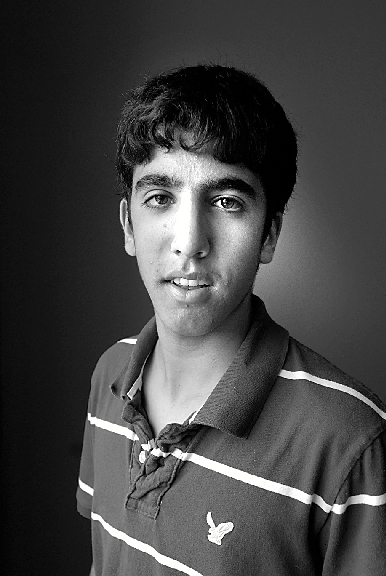Students take on global HIV/AIDS challenge
Editor's note: Bornstein is a former Herald student columnist who graduated from Kennedy High School in Bellmore last June. He is now a student at Dartmouth College.
CAMBRIDGE, Mass.—Though President Obama spent much of his election campaign denouncing George Bush, there was one area where he pledged to follow the example set by his predecessor: funding efforts to counteract global AIDS.
Yet Obama has failed to fulfill his promise of allocating $50 billion through the President’s Emergency Plan for AIDS Relief (PEPFAR). The result is that people infected with HIV have no choice but to be placed on waiting lists for treatment. Sub-Saharan Africa is most vulnerable to this issue, as it has suffered the world’s highest rate of new HIV infections in recent years. In Uganda, thousands of people have been denied treatment because a PEPFAR funding shortfall meant they could be treated only after another patient died.
The lack of political will on AIDS funding motivated over 80 college students to meet last weekend at Harvard for the Student Global AIDS Campaign conference, where we discussed how we will put pressure on our political leaders to meet the necessary global AIDS funding levels (I went as part of the Dartmouth delegation).
With the rate of new HIV infections growing faster than the expansion of treatment, it is a particularly crucial time for the U.S. to deliver the funding to close that gap. Access to adequate AIDS treatment can prevent HIV transmission by 92 percent, evidencing the huge potential for progress. Yet Obama, citing the economic crisis, has flat-lined funding for PEPFAR.
The president no doubt knows that students are looking to him for leadership on this issue. He has been interrupted by student global AIDS activists during his stump speeches in New York, Philadelphia, Boston and Bridgeport, Conn. over the past few months—instances that generated national media attention.

 47.0°,
Mostly Cloudy
47.0°,
Mostly Cloudy 




